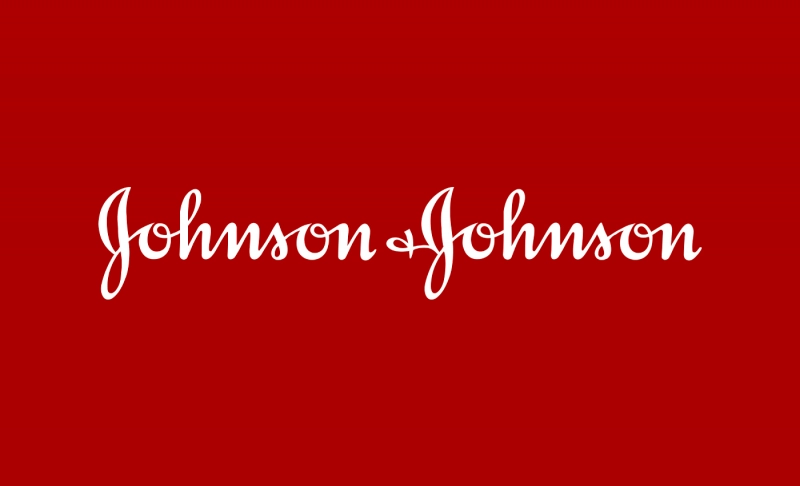By: Gayathri Loka
June 22 2022

Although benzene can cause leukemia, it is not an ingredient in J&J sunscreens. J&J found benzene in some sample products in 2021 and recalled them.
Context:
Recent social media posts have claimed sunscreens use benzene, a carcinogenic that causes cancer. One post stated that benzene is used in Johnson & Johnson sunscreens. The caption read, "Things that make you wonder isn't it ironic that the product causing cancer is from the same company that produces the drug to treat that same cancer, its almost like they knew."
In Fact:
Many medical organizations have recommended people use sunscreen to protect themselves from ultraviolet (UV) rays and other skin problems. The Canadian Medical Association Journal (CMAJ) published a study on December 14, 2020, discussing the efficacy and safety of using sunscreen to help prevent skin cancer. The study was conducted with randomized and controlled tests, showing that sunscreen reduces the risk of melanoma. "Commercial sunscreens protect against the skin-damaging effects of ultraviolet radiation through either chemical or physical ingredients," the study states.
In July 2021, Johnson & Johnson voluntarily recalled aerosol sunscreens from its Neutrogena and Aveeno brands. According to a press release, benzene was detected in some sample products of the sunscreens. "Out of an abundance of caution, we are recalling all lots of these specific aerosol sunscreen products," it said. Johnson & Johnson specified that benzene is not an ingredient in any of its sunscreen products. It advised its customers not to use the product until further notice, and that the U.S. Food and Drug Administration (FDA) would report any adverse actions.
The FDA also published a report about Neutrogena and Aveeno, stating that "Based on exposure modeling and the Environmental Protection Agency's (EPA) framework, daily exposure to benzene in these aerosol sunscreen products at the levels detected in our testing would not be expected to cause adverse health consequences." Benzene is a human carcinogenic, which could cause cancer depending on the level of exposure. Benzene is present in the environment, and humans are exposed to it from multiple sources.
The American Cancer Society quotes the Consumer Product Safety Commission (CPSC) that more than 5 percent of benzene usage in products is considered hazardous. The FDA recommends not using recalled products till further information is given.
The verdict:
Medical organizations recommend sunscreen to help protect from melanoma, UV radiation, and other skin diseases. Though Johnson & Johnson found and recalled some samples of products containing benzene, it is not an ingredient usually used in sunscreens.